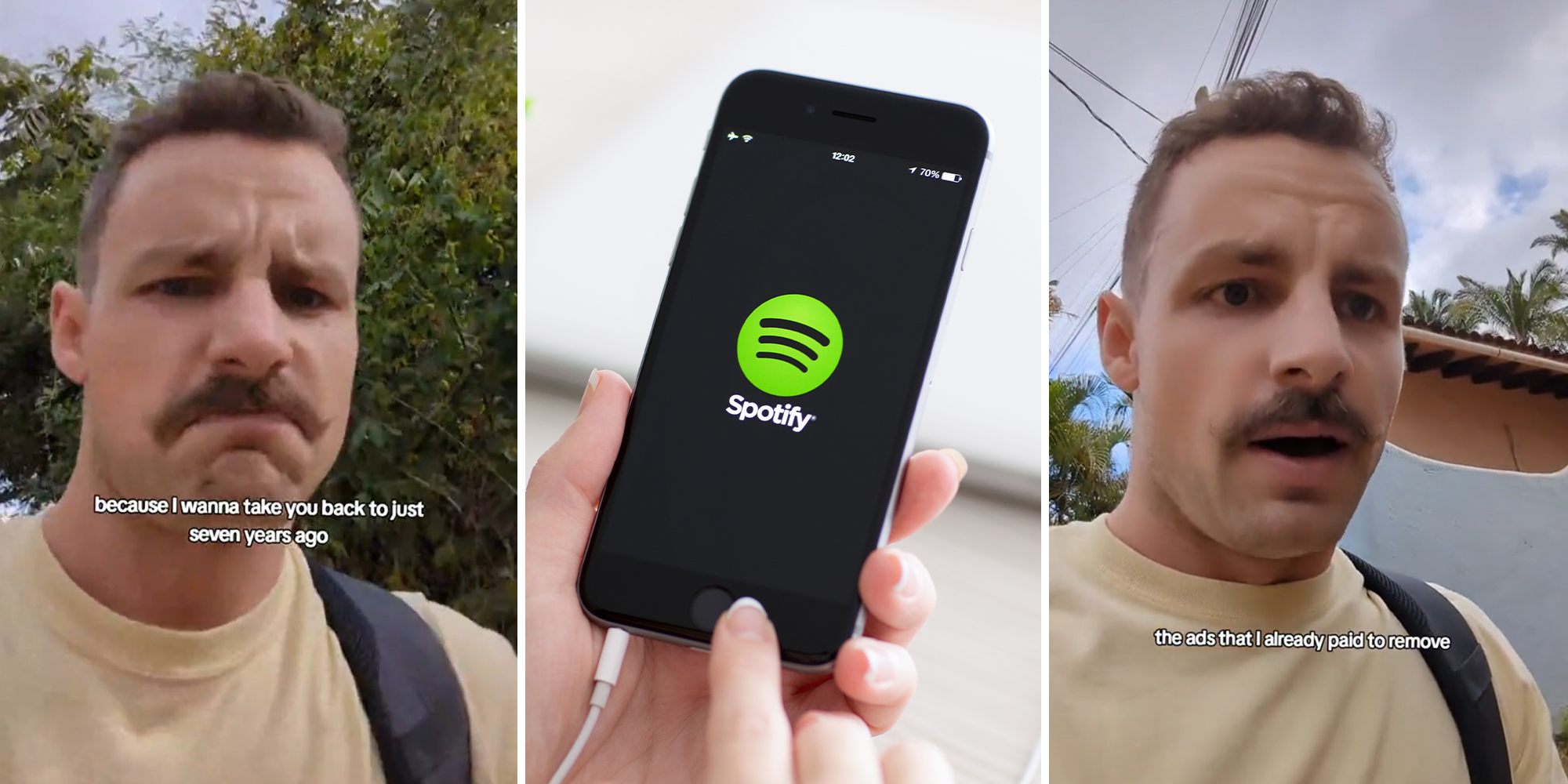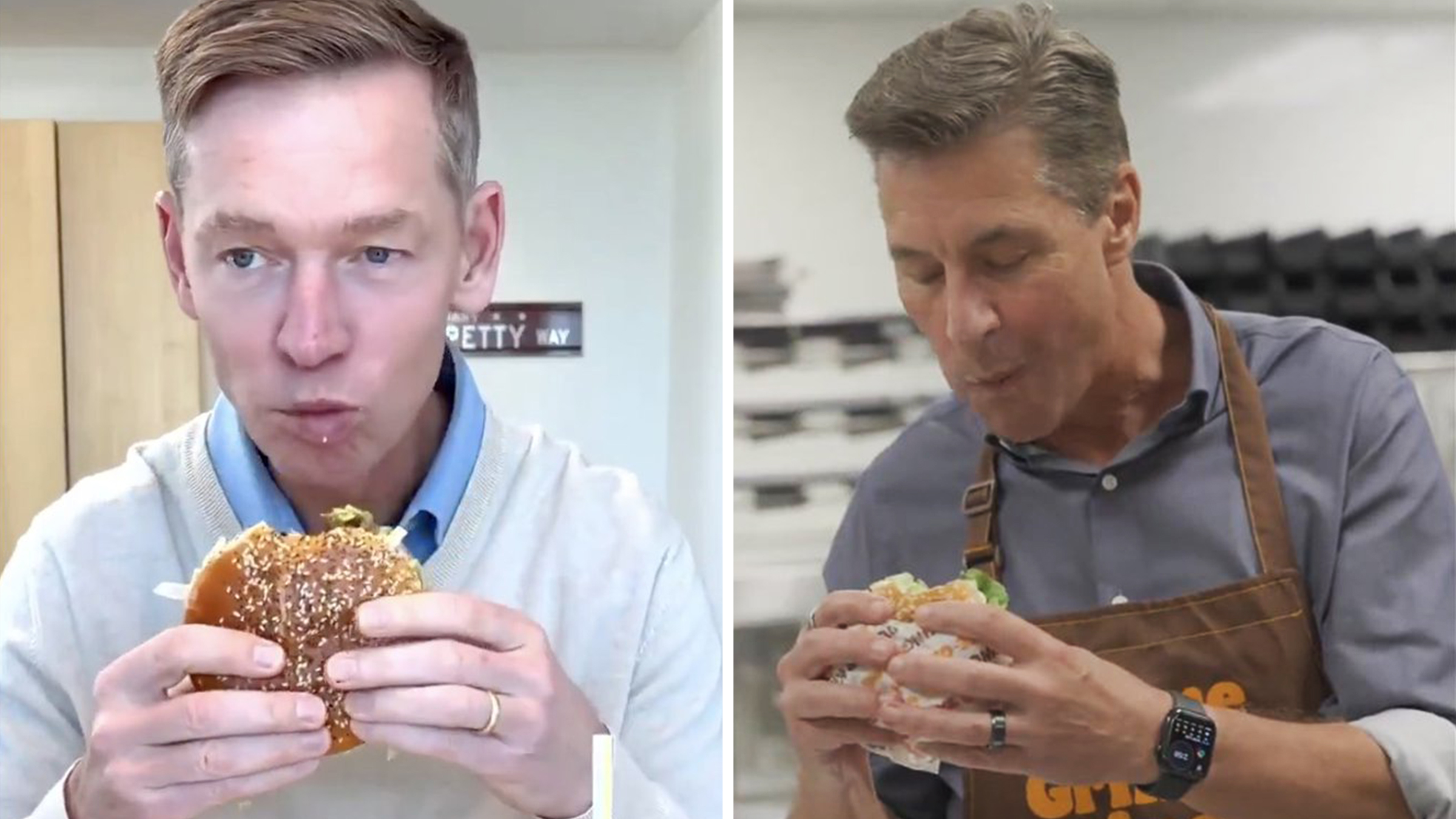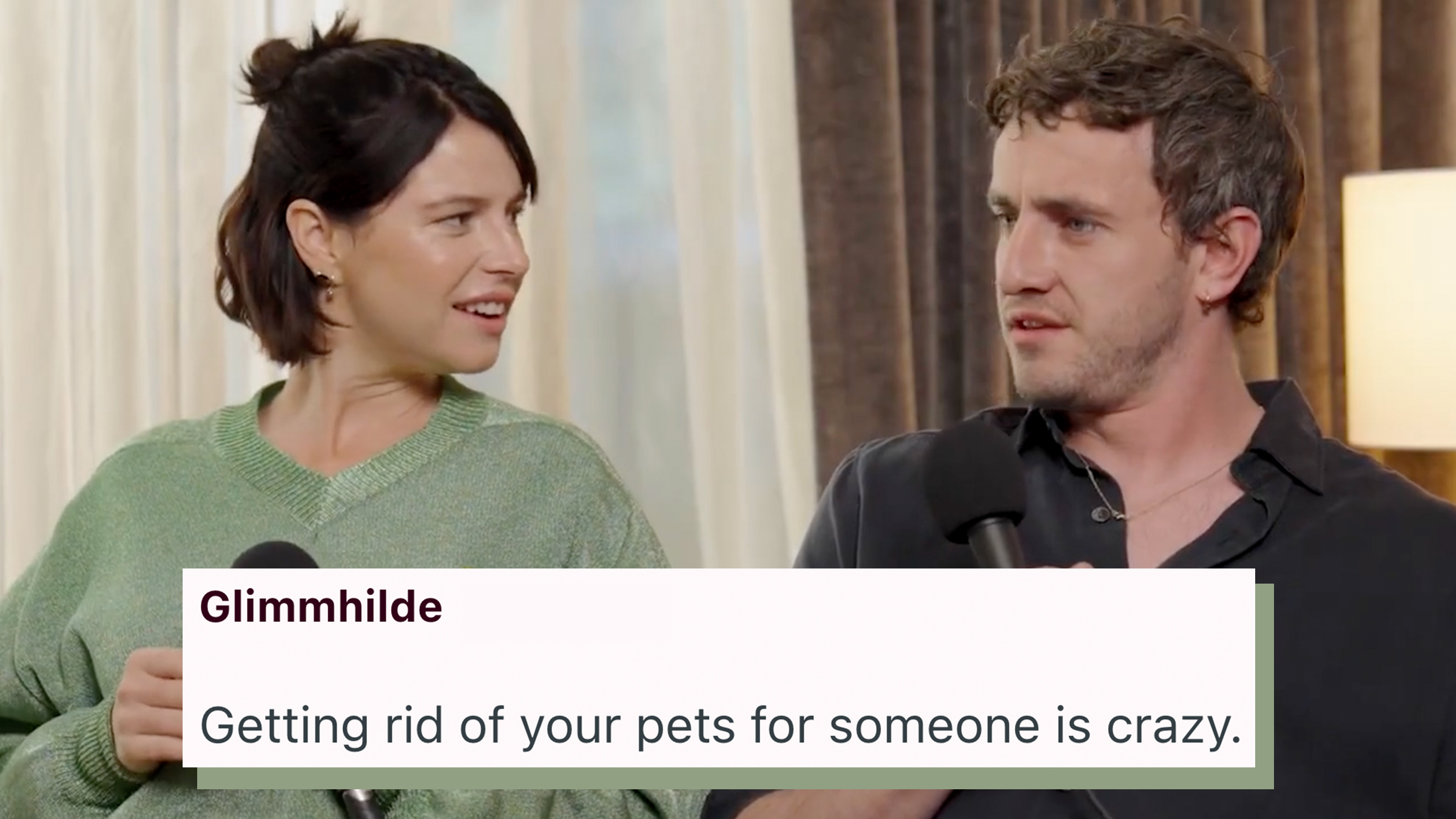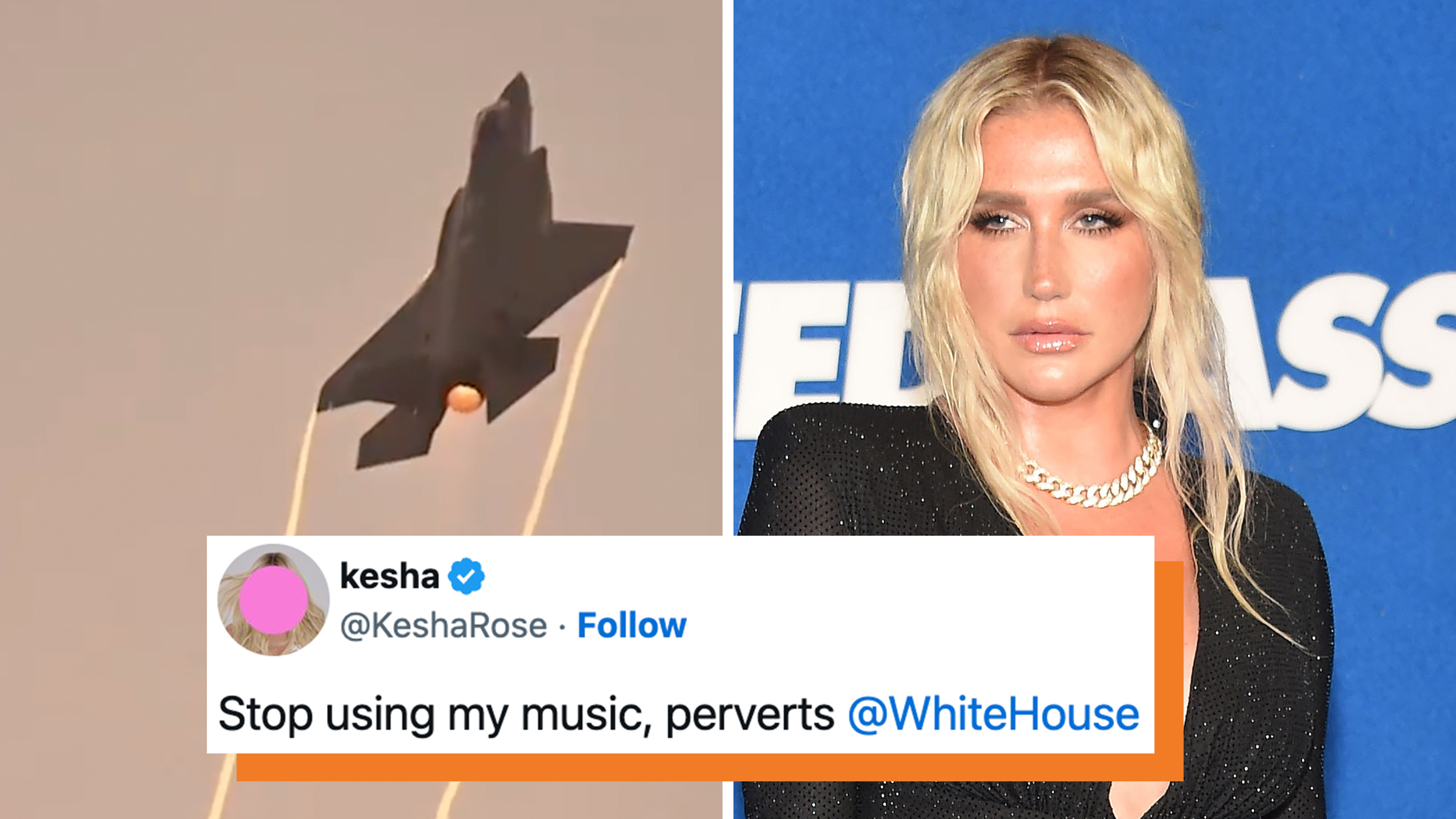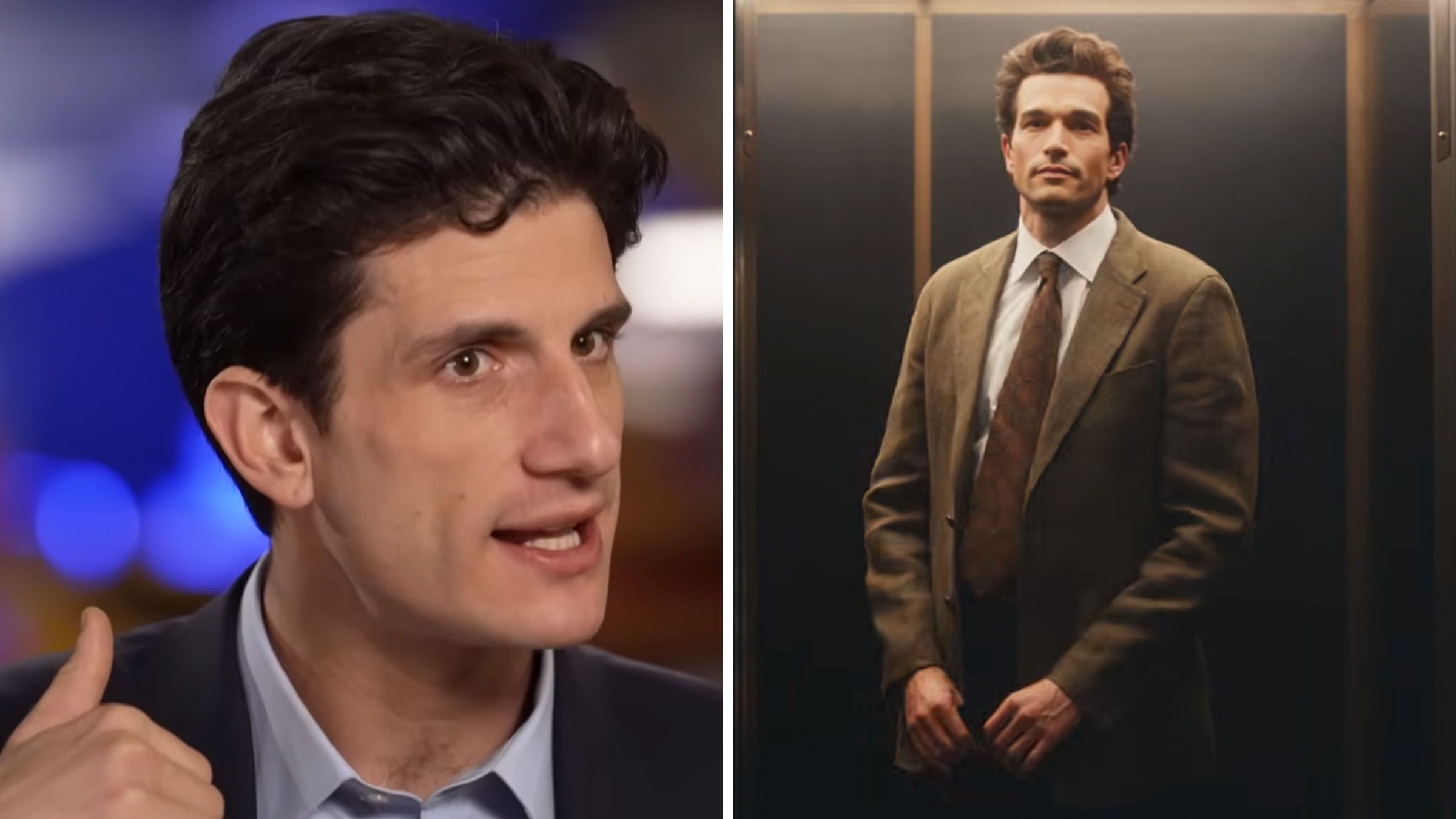A user on TikTok has gone viral after calling out Spotify for what he humorously says could be “the biggest con in the modern age.”
In a video with over a million views as of Sunday, TikTok user Mark (@moneywithmark) recounts his history with Spotify—specifically, their promise of offering ad-free content.
"Just seven years ago, five years ago even, you signed up for Spotify. You were getting these ads before your music, and then you opted to buy premium and pay them $15 a month, so you didn't have to listen to ads,” he recounts.
“Fast forward a few years. It's 2020. Podcasts are huge. Spotify decides, ‘We need to get on the podcast game,’ so what do they do? They add podcasts to their platform. Awesome! Cool,” he continues. “But guess what I get in front of all my podcasts, and in the middle of my podcast, and at the end of my podcast? Ads!”
“The ads that I already paid to remove, I'm now paying to listen to,” he summarizes.
This isn’t the only complaint about Spotify to go viral in recent months. For example, in December, a user noted that they were only given 15 hours of listening time in their included audiobook allotment, meaning that they could not finish a book they were listening to without paying for more time. Then, earlier this month, another user made a similar complaint while noting various issues with her family plan.
Back on Mark’s TikTok, he expressed frustration, noting that this issue is among those that are causing him to rethink his subscription. In the caption, he writes, “thinking about starting a #boycottspotify trend.”
@moneywithmark thinking about starting a #boycottspotify trend... ?
♬ original sound - Money With Mark
In the comments section, users shared their thoughts on ads on Spotify, amongst other problems.
“I was fighting with Spotify of this exact thing a little while back! I am Finnish and got Finnish language ads before Tom Scott’s Lateral,” explained a commenter. “Contacted Spotify and they basically said 'no u didn’t.' Ended up cancelling my subscription of 10+ years…Also, they ultimately said to me: we never said you get PODCASTS ad-free.”
“I just want my music to actually shuffle,” offered another. “I’m tired of hearing the same songs over and over.”
While Mark says that he’s receiving ads from Spotify before, during, and after podcasts, others contended that this wasn’t the case.
“Used to work for Spotify CS: Those ads are from the podcasters like their sponsors n stuff like that, sadly Spotify can’t remove them,” stated a user.
“That has nothing to do with Spotify tho. The podcasts get their ads from their networks,” detailed a second.
The Daily Dot reached out to Mark via his website contact form and Spotify via its media contact form.
Update 10:59am CT Jan. 29: In an email to the Daily Dot, Mark, who is a "personal finance influencer, speaker, YouTuber & entrepreneur," per his website, confirmed that he had heard advertisements from Spotify in podcasts.
"I've gone back to older podcasts from 2018 that I've already listened to, and have confirmed that there are now pre-roll and post roll ads being played," he wrote. "PLUS I've seen time sensitive ads (e.g. talking about a 2024 promotion) as a pre-roll ad before a podcast published back in 2018. I can guarantee you the podcasters are not re-uploading all historic podcasts just for a new sponsor."
As for how Spotify can improve, Mark has some thoughts.
"They need to come clear on their premium pricing page that podcasts & audiobooks are not included in 'ad free,'" he shared. "Plus, I would have recommended their product roll out to include a grandfather offering, for the people like myself who originally signed up when the messaging and user agreement indicated that premium is ad free."
"As an entrepreneur, I get the idea of having to improve your product offering, and expand it," he continued. "However, many companies will hurt themselves when the use cases are not taken into account. It's extremely important in your business that you never forget about your current customer - as it's way easier and more profitable to keep a paying customer, than to go acquire a new one. But this knowledge is commonly forgotten."

